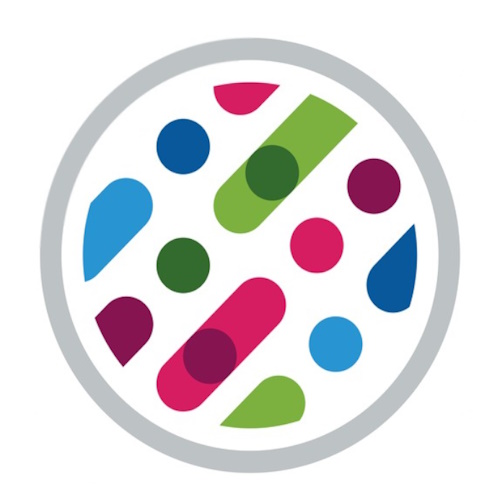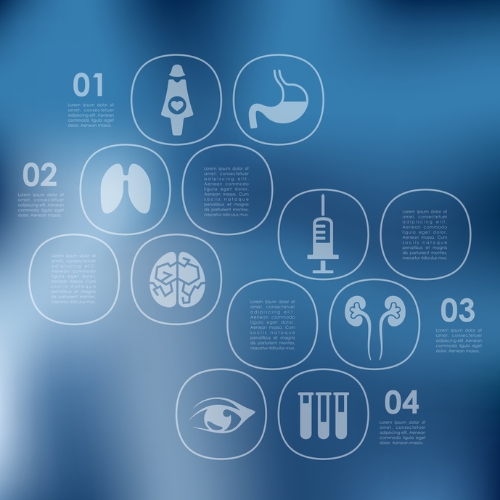Key points from article :
A robotic artificial intelligence (AI) system for autonomously determining the optimal conditions for growing replacement retina layers necessary for vision has been developed.
Retinal pigment epithelium (RPE) cells were chosen because degeneration of these cells is a common age-related disorder.
A humanoid robot—named Maholo—capable of highly precise life science experimental behavior was used.
Maholo is controlled by AI software.
What would have taken humans over two and a half years to complete only took the robotic AI system 185 days, and resulted in a 90% rate of differentiation efficiency.
"Using robots and AI for carrying out experiments will be of great interest to the public," says Genki Kanda, lead researcher.
Published in the scientific journal eLife and carried out at the RIKEN Center for Biosystems Dynamics Research (BDR).






